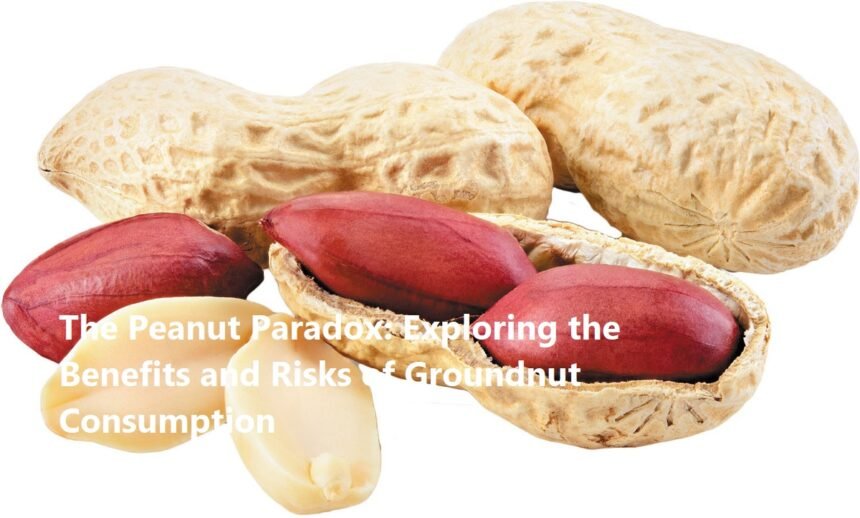Peanuts, also known as groundnuts, are a staple food in many cultures, valued for their affordability, versatility, and nutritional content. While often categorized as nuts, they are actually legumes, belonging to the same family as beans and lentils. Consuming peanuts offers a range of potential benefits, but it’s crucial to be aware of the potential downsides to make informed dietary choices.
One of the primary benefits of peanut consumption lies in their rich nutritional profile. Peanuts are a good source of protein, essential for building and repairing tissues. They are also packed with healthy fats, primarily monounsaturated and polyunsaturated fats, which are beneficial for heart health. Furthermore, peanuts are a valuable source of various vitamins and minerals, including vitamin E, magnesium, phosphorus, potassium, zinc, and B vitamins like niacin and folate. These nutrients play crucial roles in energy production, immune function, bone health, and overall well-being. Studies have linked regular peanut consumption to a reduced risk of cardiovascular disease, type 2 diabetes, and certain types of cancer. The presence of antioxidants like resveratrol, also found in red wine, further contributes to these protective effects by combating free radical damage.
However, the benefits of peanuts are tempered by several potential drawbacks. The most significant risk associated with peanut consumption is the potential for allergic reactions. Peanut allergy is one of the most common and severe food allergies, affecting millions worldwide. Even trace amounts of peanuts can trigger severe reactions in sensitive individuals, ranging from hives and swelling to life-threatening anaphylaxis. Therefore, strict avoidance and the availability of epinephrine auto-injectors are crucial for those with known peanut allergies.
Beyond allergies, peanuts are also susceptible to contamination with aflatoxins, toxic substances produced by certain molds that can grow on peanuts during storage. Aflatoxin exposure can lead to liver damage and increase the risk of liver cancer. Proper harvesting, storage, and processing methods are essential to minimize aflatoxin contamination. Consumers can reduce their risk by purchasing peanuts from reputable sources and inspecting them for any signs of mold or discoloration.
Another potential concern is the relatively high caloric content of peanuts. While healthy fats are beneficial, consuming excessive amounts can contribute to weight gain. Moderation is key, particularly for individuals watching their calorie intake. Furthermore, some commercial peanut products are often high in sodium, added sugars, and unhealthy oils, negating some of the potential health benefits. Reading nutrition labels carefully and opting for plain, unsalted peanuts is crucial for maximizing the positive impact.
In conclusion, peanuts offer a valuable source of nutrients and potential health benefits. However, the risks associated with peanut allergies and aflatoxin contamination cannot be ignored. By being aware of the potential downsides and practicing moderation, consumers can enjoy the benefits of peanuts while minimizing the risks. Ultimately, informed dietary choices, combined with vigilance regarding allergies and sourcing practices, are essential for incorporating peanuts into a healthy and balanced diet.












